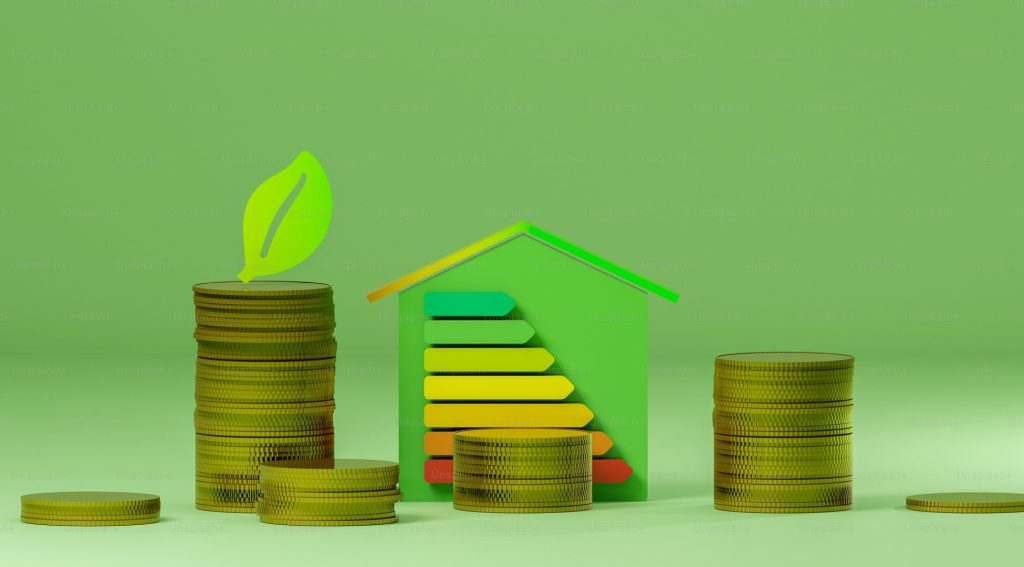Defying global headwinds, APAC has emerged as a key player in sustainable finance.
Despite a perceived slowdown in the global sustainable finance market, the Asia-Pacific (APAC) region is proving to be a resilient and proactive force, driven by structural reforms, stringent regulations, and a smart approach to sustainability.
Jules Bottlaender, Head, Sustainable Finance, APAC, Securities Services, BNP Paribas, shared his insights in a
recent commentary.
“APAC is truly on the right track in terms of progression,” said Bottlaender. He said that countries in the region have effectively learned from the successes and failures of global sustainability regulations, particularly those originating from Europe, which has traditionally led in sustainable finance product innovation and frameworks. This strategic observation has allowed APAC to implement harmonized standards, such as the Task Force on Climate-related Financial Disclosures (TCFD) and International Sustainability Standards Board (ISSB), with notable success.
Bottlaender highlighted Japan’s unexpected leadership in TCFD adoption. “Japan, for instance, is by far the country with the most Taskforce for Financial-related Disclosure (TFND) adopters,” he noted, citing that 81 Japanese institutions have pledged to integrate nature into their corporate reporting, significantly outnumbering commitments from the UK and North America. New Zealand and Singapore were also lauded as global leaders, with New Zealand being the first country to
legally mandate climate-related disclosures in 2021, and Singapore innovated with a visual traffic light system for its
green taxonomy.
Bottlaender also addressed concerns about waning investor enthusiasm, acknowledging an “initial euphoria” followed by a “slowdown” in ESG fund inflows. This, he attributed in part to the constantly evolving definition of sustainability, leading to confusion among investors.
However, citing figures from BNP Paribas’ 2025 ESG Survey, Bottlaender provided a reassuring outlook. The survey of 420 institutional investors worldwide revealed that “around 60% of APAC investors intend to increase allocation to energy transition, and 90% say their ESG and sustainability objectives remain the same.”
What has shifted, according to Bottlaender, is the vocality of these commitments. The survey found that nearly 45% of APAC investors, while maintaining their targets, plan to be less vocal about their sustainability efforts. “A lot of people mistake this for disengagement,” he explained, “but it is more about being careful.” He suggested that the industry is entering an “era of quiet progress,” driven by rising greenwashing and liability risks.
Despite the complexities and challenges, particularly concerning the accurate disclosure of ESG data, Bottlaender emphasized the undeniable push for a sustainable future.
He pointed to the increasing impact of climate change on a regional level, with severe flooding in Malaysia and Singapore and numerous tropical cyclones in the Philippines. “We know that our society has no choice but to transition to a sustainable economy,” he affirmed.
Bottlaender stressed the importance of a just transition, recognizing that climate change disproportionately affects low-income communities.
The shifting focus from climate mitigation to adaptation is also evident, with 46% of APAC investors now feeling compelled to consider environmental damage and biodiversity loss in their investment decisions.













